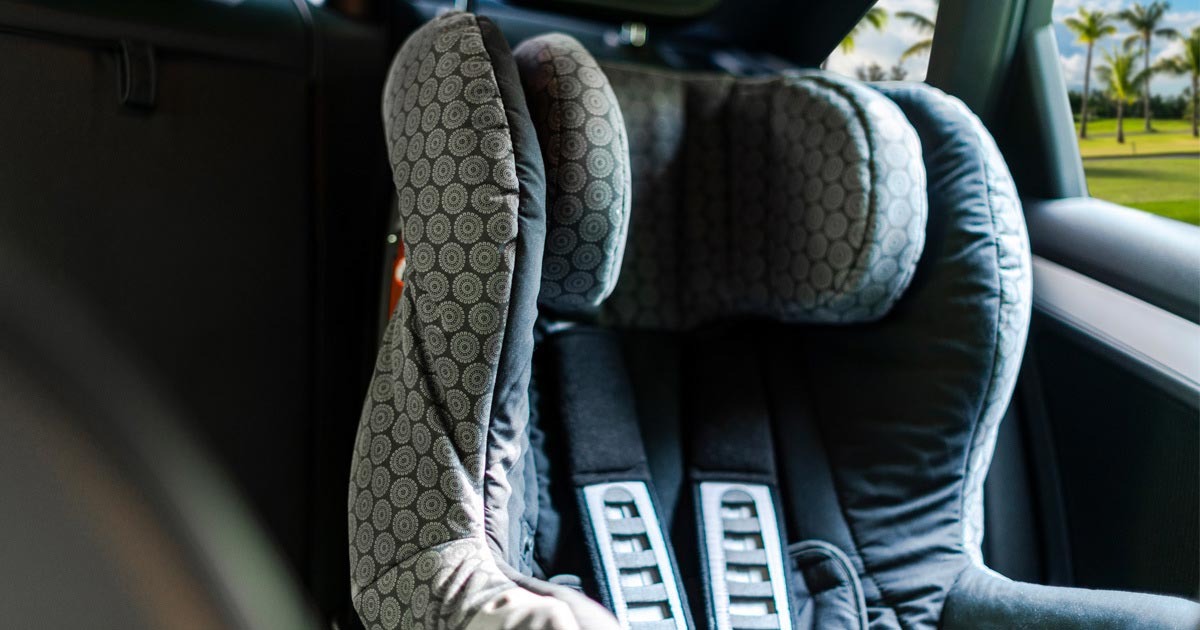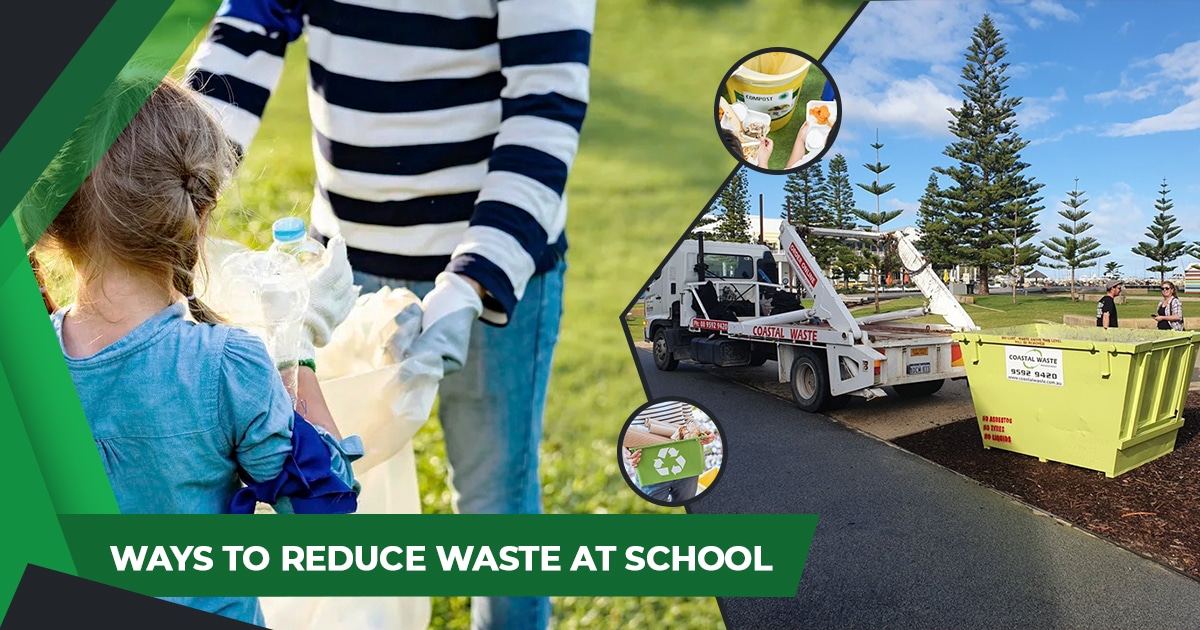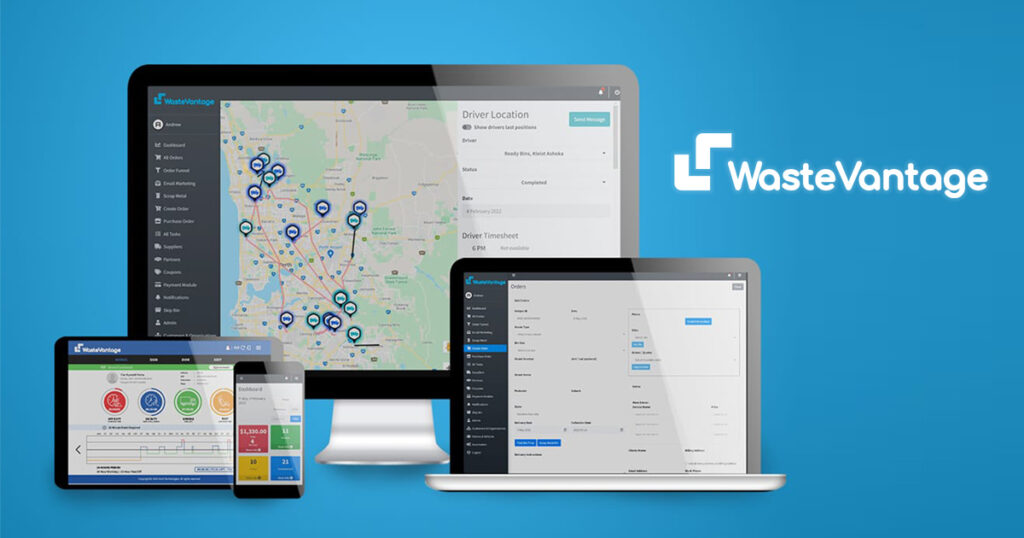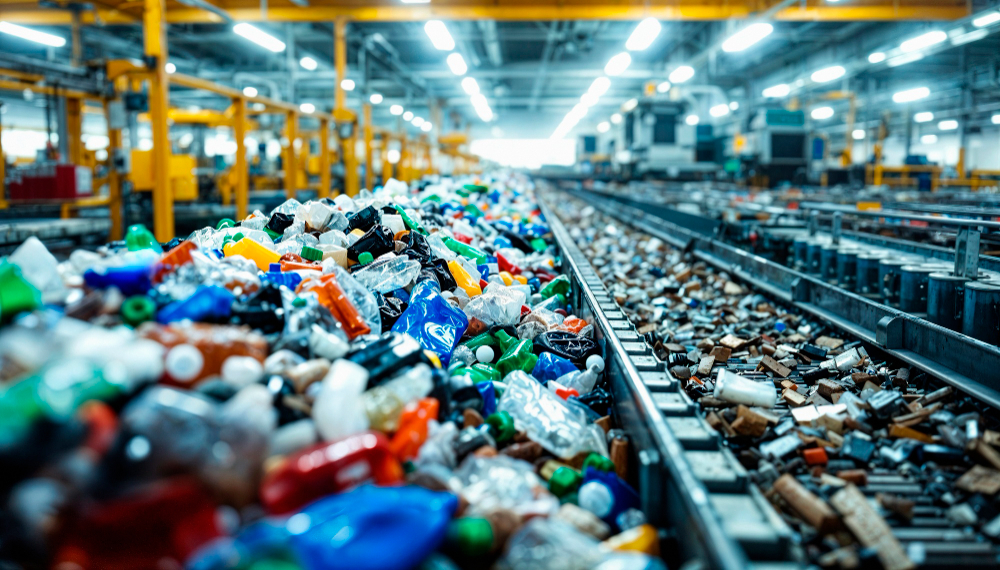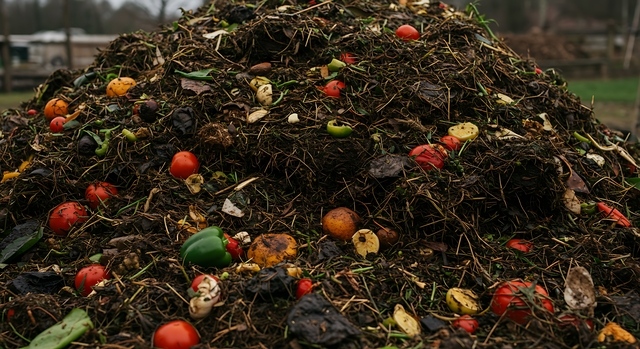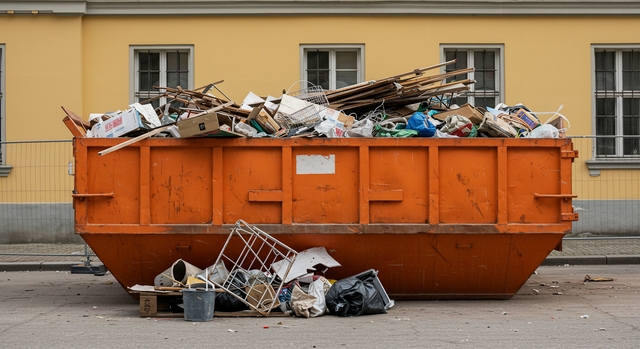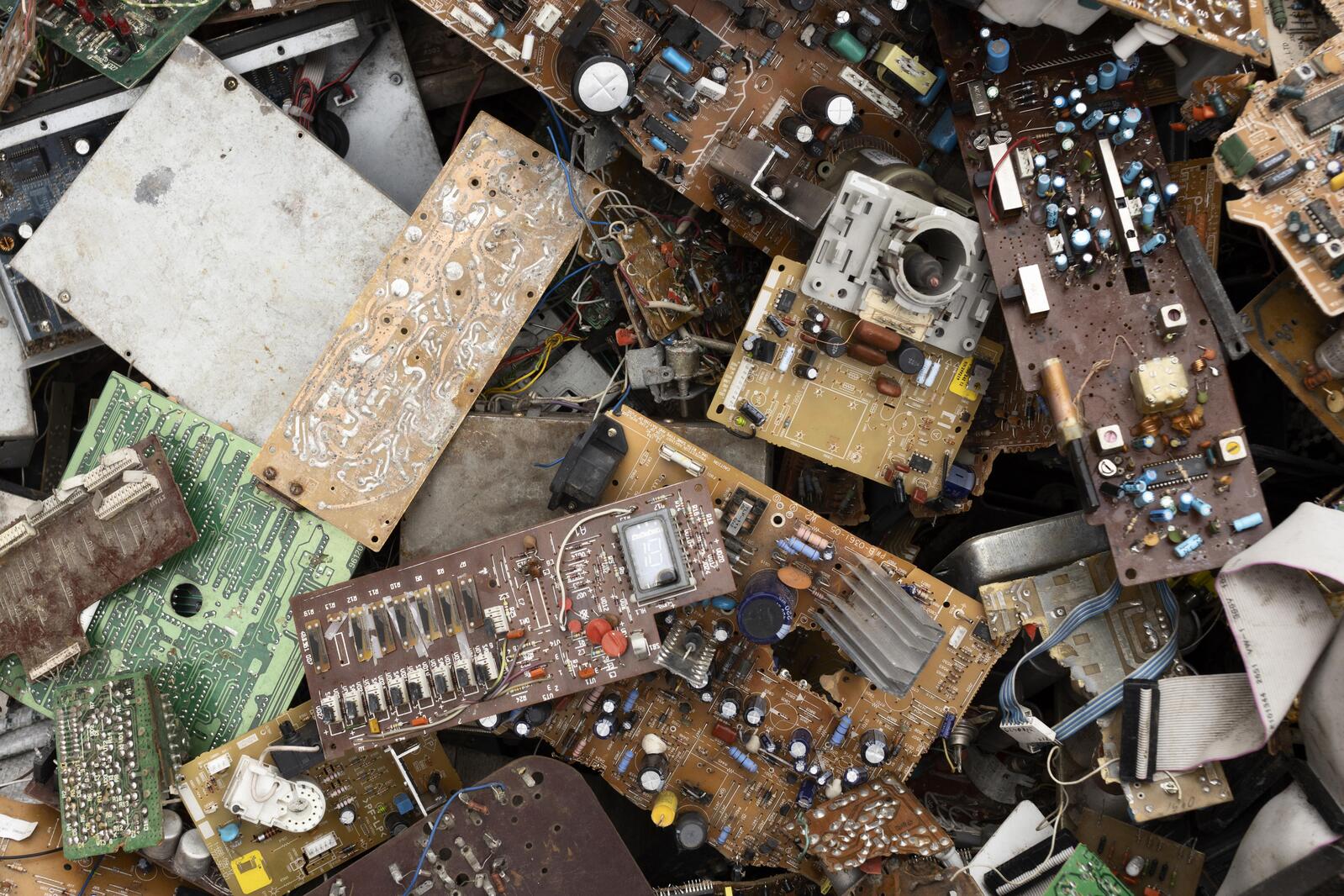Community Waste Solutions Australia That Actually Work
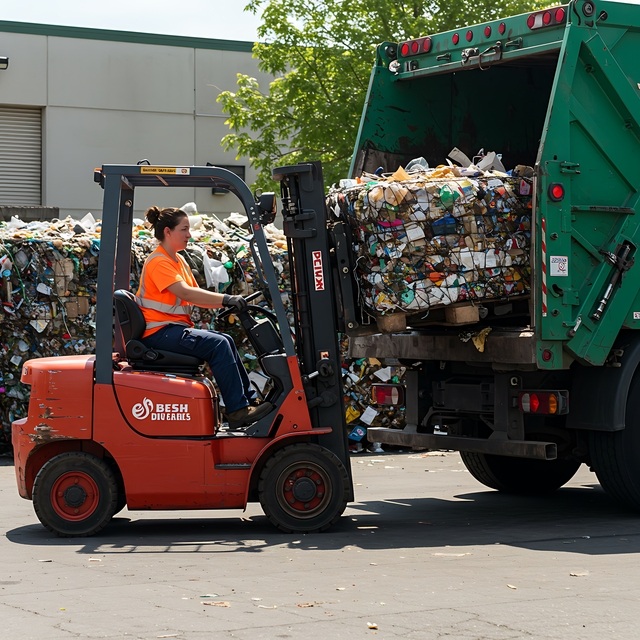
When we think of waste management success stories, we often picture big cities with advanced facilities and large budgets. But across Australia, it is often the smaller towns that are quietly leading the way. While they may lack the resources of metropolitan councils, these communities are proving that strong local leadership, collaboration, and innovation can go a long way.
This article explores how small towns are embracing practical and effective waste strategies. From community-driven recycling programs to creative reuse hubs, these initiatives are changing the landscape of environmental responsibility. If you are looking for real-world examples of community waste solutions in Australia, look no further than the regional heartlands.
The Local Advantage
Small towns have something cities often struggle to achieve: a close-knit sense of community. This connectedness plays a big role in the success of waste initiatives. Residents in regional areas are more likely to know each other, trust local leaders, and take pride in their town. These traits create a solid foundation for grassroots programs that tackle waste in ways that feel personal and impactful.
In many cases, these towns operate on smaller budgets, which makes them more resourceful. Instead of relying on high-tech systems, they turn to practical, low-cost solutions that are easier to implement and maintain.
Building a Culture of Waste Awareness
Changing behaviour is the key to long-term success in waste management. Many small towns focus first on education and awareness. This can include:
- Local school programs about recycling and composting
- Community newsletters with waste tips and updates
- Workshops on reducing food waste and upcycling materials
- Public signage to guide proper bin use
These efforts help residents understand not just how to dispose of waste, but why it matters. When people feel part of a shared goal, they are more likely to make lasting changes.
In Boort, a small town in Victoria, the local primary school teamed up with the council to introduce a zero-waste lunch initiative. Within months, the school reduced its bin waste by over 70 percent. Parents began adopting the same habits at home, showing how one program can spark broader change.
Community Recycling Initiatives
In many rural towns, recycling infrastructure is limited. Transporting materials long distances can be costly, and access to processing centres is not always available. Despite this, small towns are finding ways to make recycling work.
One example is the development of community-run recycling sheds. These simple structures allow residents to drop off sorted recyclables like cans, glass, and cardboard. Volunteers help manage the shed, and profits from the recycled materials are reinvested into local projects.
In New South Wales, the town of Bingara introduced a volunteer-led recycling station. Not only did it divert large volumes of waste from landfill, but it also became a meeting place for locals, reinforcing a sense of community.
The Rise of Reuse and Repair Hubs
A growing trend in regional waste management is the reuse and repair hub. These spaces give unwanted items a second life and encourage people to repair rather than replace.
In Castlemaine, Victoria, the Recycle Shop is more than just a second-hand store. It operates on donations and offers everything from furniture to electronics. Locals can also attend repair cafes, where volunteers help fix broken items like clothing and appliances.
These hubs do more than reduce landfill waste. They provide affordable goods, teach valuable skills, and strengthen the local economy. They also support social inclusion, often involving volunteers from diverse backgrounds.
This model of community-based reuse has become a leading example of community waste solutions in Australia. It shows that reducing waste can also build social connections and resilience.
Composting and Organic Waste Projects
Organic waste is a major component of household rubbish. Small towns are taking simple but effective steps to address this issue.
Community composting sites are popping up in parks, schools, and even outside libraries. These spaces allow residents to drop off food scraps and garden clippings, which are then processed into compost for local use.
In the town of Nimbin, New South Wales, a local environmental group launched a communal composting initiative. Participants receive a kitchen caddy and instructions, while trained volunteers manage the compost piles. The result is nutrient-rich compost used in community gardens and roadside plantings.
Other towns have introduced worm farms and bokashi systems to help households reduce food waste at home. These low-tech solutions are easy to scale and require minimal investment.
Container Deposit Schemes: Turning Waste into Income
Container deposit schemes (CDS) have taken off in several states, including South Australia, New South Wales, and Queensland. Small towns are embracing these programs as both a waste solution and a source of income.
Under these schemes, people receive a small refund for each eligible drink container they return. Collection points are often run by local schools, sporting clubs, or charities.
In the town of Yackandandah, Victoria, the local footy club set up a container collection point and raised thousands of dollars in just one season. At the same time, litter around the community dropped significantly.
CDS not only reduces waste but also empowers local groups to fundraise while doing something good for the environment.
Council Support and Local Partnerships
While many community initiatives start at the grassroots level, local councils play a vital role in supporting success. In small towns, the relationship between councils and residents tends to be more direct and responsive.
Successful councils:
- Provide bins and materials for local events
- Offer subsidies for compost bins and worm farms
- Partner with schools and community groups on waste education
- Maintain drop-off points for e-waste, batteries, and chemical waste
Partnerships with local businesses also play a role. Hardware stores may offer recycling for paint tins. Cafes might provide discounts for customers using reusable cups. These small actions add up and reflect a shared commitment to reducing waste.
Tackling Hard-to-Recycle Items
Some waste items are difficult to dispose of properly, especially in regional areas. However, small towns are getting creative in solving this problem.
Soft plastics, for example, are a challenge due to the lack of local processing facilities. In response, some communities have organised collection days, storing plastics until they can be transported in bulk to recycling centres.
Similarly, small towns are collecting:
- Coffee capsules
- Toothbrushes and toothpaste tubes
- Printer cartridges
- Mobile phones and cords
By working with national recycling schemes, these communities ensure that items are properly handled and kept out of landfill.
Challenges Still Remain
Despite their success, small towns still face barriers. Limited funding, inconsistent access to recycling services, and reliance on volunteers can hinder progress. Weather and transport can also pose challenges in remote areas.
However, what sets these towns apart is their determination. They are not waiting for perfect systems. Instead, they are making the most of what they have, often achieving better outcomes than larger councils.
Lessons for Larger Cities
There is much that urban areas can learn from small towns. While the scale is different, the principles remain the same:
- Engage people through education and personal connection
- Focus on practical, easy-to-use systems
- Empower local groups to lead change
- Support innovation through partnerships and flexibility
Some larger cities have begun adopting elements of this community-focused model. They recognise that policy and infrastructure alone cannot solve the waste crisis. Behavioural change and local engagement are just as important.
The Road Ahead
As Australia works toward its national waste targets, small towns will continue to play a critical role. Their successes demonstrate that real progress is possible with the right mix of motivation, creativity, and collaboration.
Programs born in towns like Boort, Castlemaine, or Yackandandah are already inspiring others. These communities are proving that community waste solutions in Australia are not just an ideal. They are a reality, built from the ground up.
With continued support and shared learning, more regions can adopt similar models. Whether it is a compost bin in the schoolyard or a volunteer-run recycling shed, each initiative brings us one step closer to a cleaner and more sustainable future.



